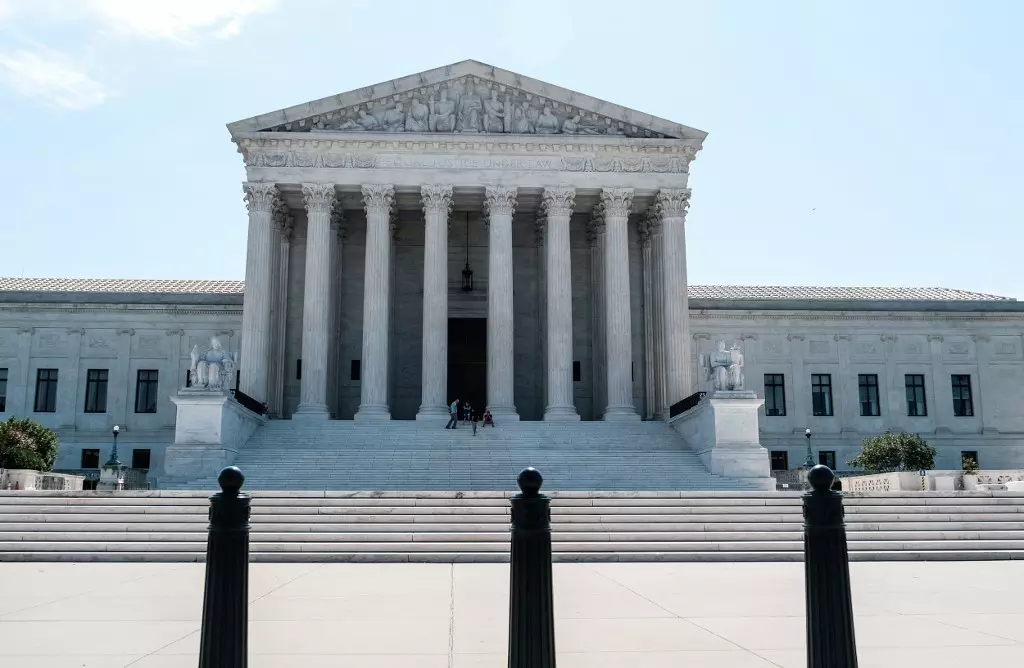
US SC limits legal rights of undocumented migrants
text_fieldsWashington: The US Supreme Court ruled that immigrants whose asylum requests were rejected when they entered the country cannot appeal those decisions in a federal court.
By a 7-2 vote, the high court on Thursday granted a victory to President Donald Trump's administration in a ruling that, according to activists and experts, could allow the White House to intensify its campaign to deny asylum to undocumented migrants with little or no judicial oversight, reports Efe news.By a 7-2 vote, the high court on Thursday granted a victory to President Donald Trump's administration
The case involved Vijayakumar Thuraissigiam, a member of the Tamil ethnic minority of Sri Lanka, who was detained shortly after crossing the border from Mexico at San Ysidro, California, and requested asylum, arguing that he had a "credible fear" of persecution if he were to be deported to his country of origin.
Thuraissigiam's asylum request, like those of thousands of other undocumented migrants who cross the border into the US each year, was considered in accord with the "expedited deportation" process, which allows the government to speed up the expulsion of those migrants without having to submit to court supervision of the cases.
After having his request rejected, Thuraissigiam filed a habeas corpus request in federal court arguing that the tortures he was fleeing, and which he had recounted to immigration agents, had occurred as part of a well-documented campaign of abuses against Tamils in Sri Lanka.
Although the first judge rejected his request, an appeals court ruled that the 1996 law on which the expedited deportation procedure is based was not constitutional, sending the case to the Supreme Court.
The ruling, with the majority opinion being written by conservative high court Justice Samuel Alito, concludes that "an alien who is detained shortly after unlawful entry cannot be said to have 'effected an entry'", and thus cannot demand the right to due process under the Constitution.
Only two justices voted against the plaintiff, progressives Elena Kagan and Sonia Sotomayor, and the latter warned that the ruling could have implications beyond Thuraissigiam's case and could affect how undocumented migrants who come to this country are treated.
Sotomayor wrote that the high court's majority misinterpreted the constitutional protections available to anyone on US soil, even migrants who illegally cross the border, saying: "In doing so, the Court upends settled constitutional law and paves the way toward transforming already summary expedited removal proceedings into arbitrary administrative adjudications."
The Trump administration has limited the ability of undocumented migrants to request asylum in the US with an immigration policy that has brought widespread criticism and many lawsuits, but the high court so far has backed the legality of that strategy and in March gave the green light to the "Remain in Mexico" program.
That policy forces many undocumented migrants requesting asylum at the southern US border to wait in Mexico until their requests are processed and a hearing before an immigration judge is granted, all of which can take many months.






















